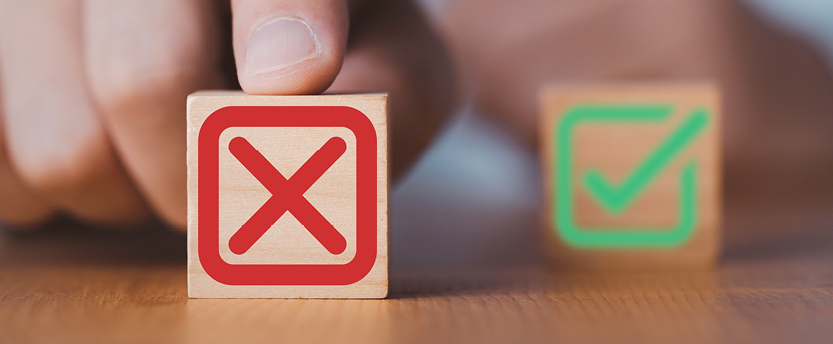Part 5 Certification Policies
General
The policies in this section are frequently asked about or represent critical information for some candidates. Not all of these policies may apply to you.
National Registry policies can be found on our website at https://www.nremt.org/policies.
Accommodations

The National Registry wants to ensure that all candidates receive a fair and unbiased opportunity to demonstrate their knowledge, skills, and abilities related to EMS. To ensure that each candidate receives a fair opportunity to test, the National Registry offers reasonable and appropriate accommodations for persons with documented disabilities. The National Registry recognizes that each disability is unique to the individual and all National Registry decisions regarding reasonable accommodations are evaluated on a case-by-case basis. The National Registry complies with the American with Disabilities Act (ADA).
Information on the National Registry’s Accommodations Policy and applying for accommodations for an examination can be accessed at: nremt.org/Policies/Examination-Policies/ADA-Accommodations
Appeals
When the National Registry makes an unfavorable ruling regarding an individual’s application for certification or recertification, request for an accommodation in the administration of an examination, cancellation or revocation of examination results or any disciplinary action, including, but not limited to, the revocation or suspension of certification (collectively “Adverse Decision”), the Executive Director shall send to that individual, by certified mail, return receipt requested, a statement setting forth:
- The action taken
- The reason(s) for the action and, if applicable, a statement of facts constituting the alleged violation of any of the National Registry’s rules or standards or the reasons for ineligibility
- The time period in which the individual may appeal and provide any additional information
An applicant or certified clinician who is subject to an Adverse Decision may appeal the decision by mailing a “Notice of Appeal” to the National Registry within forty-five (45) days of the date that such decision was mailed (based on postmark or electronic equivalent). The Notice of Appeal must contain the individual’s statement of the basis of the appeal, as well as any documents in support of the appeal.
The entire appeals policy and procedures that are followed are located on this page: https://nremt.org/Policies/Certification-Policies/Appeals-Policy
Candidate Retesting At Request Of The National Registry
The National Registry may require an applicant to retake a certification examination if presented with sufficient evidence that the security or integrity of the examination has been compromised, notwithstanding the absence of any evidence of an applicant’s personal involvement in the security compromise.
Complaints
Important Note: The National Registry does not investigate complaints regarding EMS practice. Please contact the state Emergency Medical Services Office to report these types of complaints. https://nremt.org/resources/state-ems-offices
The National Registry responds to all complaints, inquiries, and concerns brought to our attention in a constructive and timely manner. Complaints can be submitted by email to support@nremt.org. The National Registry will confirm receipt by email and provide status updates. Most notifications and initial responses are sent within five business days.
A candidate who wishes to submit a complaint must submit notice of complaint to the office of the National Registry within 30 days of the action(s) resulting in complaint. The notice of complaint must contain the individual’s personal statement and any supporting documentation. The National Registry will treat any person who invokes this complaint procedure courteously. The National Registry will handle all complaints swiftly and confidentially to the extent possible, considering the need to take appropriate corrective action. Most complaints are investigated and resolved within 30 days, and updates will be provided if delays are encountered. Documentation and information submitted as part of a complaint will be subject to the National Registry Privacy Policy.
Denial Or Revocation Of Certification

The National Registry may, at its own discretion, deny an individual’s eligibility for initial certification or recertification; deny, suspend, or revoke an individual’s certification; take any other appropriate disciplinary action against an individual’s application, certification and/or recertification; or deny authorization to use the Registry’s website for any purpose, including submitting applicant training information, in the case of:
- Ineligibility for National Registry certification
- Failure to comply with any policy or rule of the National Registry, including, but not limited to, the National Registry’s website Terms of Use Policy
- Irregular behavior regarding any National Registry examination
- Misrepresenting, withholding, or the failure to update any information on any application for certification or recertification or in any other communication with the National Registry
- The intentional misrepresentation by a trainer of any applicant’s successful completion of education requirements for certification
- Misrepresentation of the individual’s status as a certified clinician of the National Registry
- Any disciplinary action taken by a licensing or authorizing agency relating to practice, or the ability to practice safely and effectively, as an EMS clinician or the voluntary surrender of a licensee as a punishment for or in place of any disciplinary action. The National Registry can suspend an individual’s certification, prior to any right of appeal, should a licensing or authorizing agency find the individual poses an imminent threat to the public or cannot practice safely and effectively.
- Copying, reproducing, disclosing, disseminating or removing of examination-related materials from the test site; attempting to copy, reproduce, disclose, disseminate or remove examination-related materials; or asking someone to copy, reproduce, disclose, disseminate or remove examination-related materials
Impartiality
Nondiscrimination And Fairness

The National Registry is committed to providing an equal opportunity for all applicants, certified clinicians, staff, volunteers, and vendors. The National Registry does not discriminate on the basis of race, color, religion (creed), national origin, disability, marital status, sexual orientation or military status in any of its certification activities or operations. These activities include, but are not limited to, initial applicants and certified clinicians, internal staffing practices, and selection of volunteers and vendors.
Privacy
The privacy policy covers personal information collected, aggregation of non-person-specified data, mailings and contact, transfer of information to licensing agencies, transfer of information to educational institutions, other transfer of information, public information, independent testing centers, information access and corrections, research data, protections of personal information, resolution of concerns, information from children, information received from internet service providers through the National Registry website, cookies, transmission of information, links to other websites, and changes to the privacy policy.
The entire privacy policy can be accessed at: nremt.org/Policies/General-Policies/Privacy-Policy

